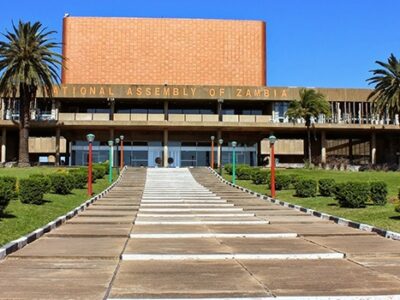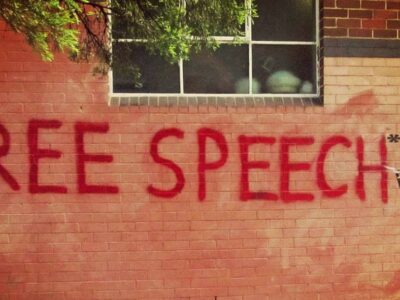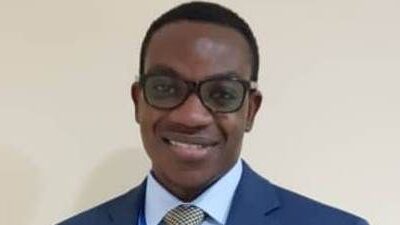At the intersection of politics, democracy, and free speech, Zambia stands at a pivotal juncture, prompting the question: How can political engagement, free speech, and democratic principles coexist harmoniously for the betterment of society?
Zambia’s democratic journey has been marked by significant milestones, including the peaceful transfer of power in the 2021 general elections and the adoption of a new constitution in 2016.
According to the Preamble of the Constitution of Zambia, the country recognises “the equal worth of men and women in their rights to participate and freely determine and build a political, economic, and social system of their own free choice.”
However, challenges remain in balancing political expression, democratic governance, and free speech in Zambia.
To navigate these complexities and foster a more liberated society, it is crucial to understand how these elements can coexist in harmony.
In an interview with Zambia Monitor, Chewe Ng’andu, a law graduate from the University of Zambia (UNZA), emphasized the importance of open debate and discussion for the public.
“This will help in holding leaders accountable through constructive criticism, foster critical thinking among citizens, and encourage media literacy,” she said.
Ng’andu noted that promoting diverse perspectives allows citizens to become informed and engage in decision-making. Free speech protects minority rights, allowing them to express their views freely, while democracy empowers citizens to choose their representatives through political participation.
Ng’andu explained that while democracy ensures equal participation and representation, politics facilitates respectful discourse, promoting free expression of varying views and contributing to a free society.
Politics, free speech and democracy are fundamental to building a free and equitable society.
Echoing these sentiments, Lindrose Mativenga, a second-year law student at UNZA, highlighted that free speech is a cornerstone of a democratic state.
“This allows diverse ideologies among citizens, which in turn strengthens transparency between a government and its people,” she said.
Mativenga added that achieving a free society involves promoting political pluralism and diversity, enabling citizens to hold leaders accountable for their actions, decisions, and policies.
Balancing politics, free speech, and democracy was essential for creating a free society.
It required a delicate equilibrium between individual rights, collective well-being, and national interests.
The intricate relationship among these principles reveals the challenges ahead, but Zambia should remain hopeful and embrace these competing values and interests.
In summary, examining free speech, democracy and politics highlights the essential principles and balancing acts required for a free society.
By striking a balance among these elements and fostering harmonious coexistence, Zambia can create a society that values diversity, promotes inclusivity, and ensures accountability, leading to a more just, equitable and prosperous future.
WARNING! All rights reserved. This material, and other digital content on this website, may not be reproduced, published, broadcast, rewritten or redistributed in whole or in part without prior express permission from ZAMBIA MONITOR.












Comments